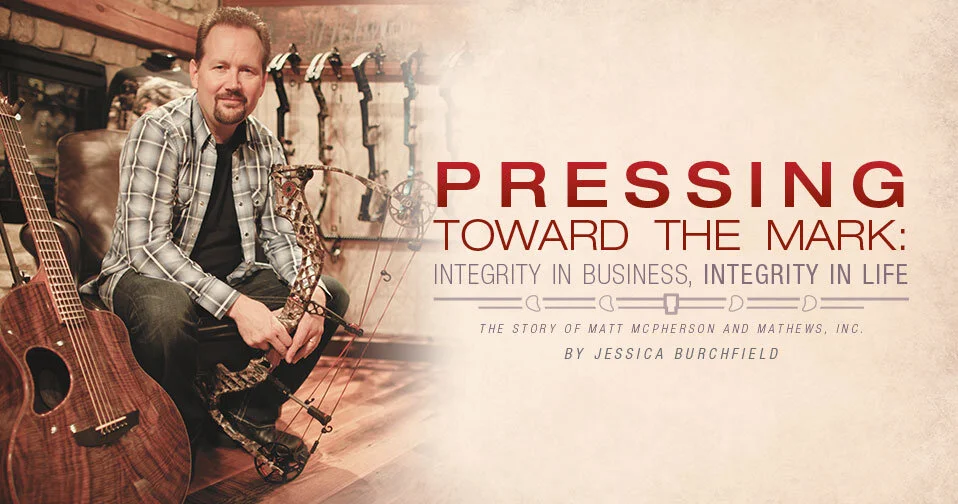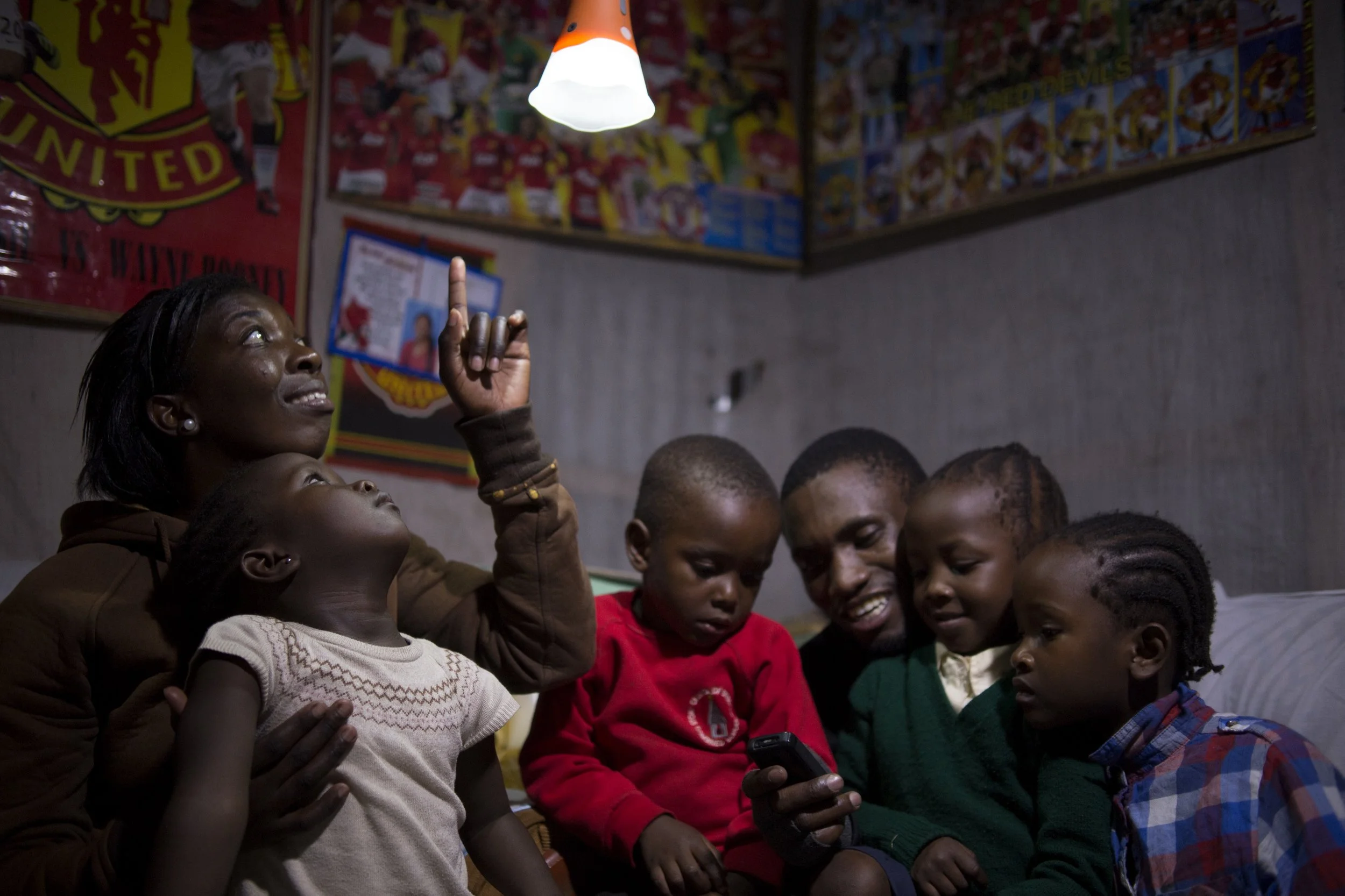Redemptive Unicorns
— by Reuben Coulter
What distinguishes a faith-driven entrepreneur from a secular entrepreneur? What types of enterprises create what impact?
We’ve identified these Marks of a Faith-Driven Entrepreneur which define our businesses. These are expressed differently depending on the type of company we run, industry we are in, or which part of the world we live.
Called to Create - We believe God has created us to share in His entrepreneurial process.
Identity in Christ - We live lives that have been transformed by the Gospel, that have accepted the gift of salvation, and now seek to bring God glory as our highest purpose.
Steward versus Own - We understand that He has entrusted these resources to us to steward effectively according to His purposes rather than our own.
Don’t Worship Work - We don’t make work an idol that steals our affections from God and robs us of time for community, family, and fitness
Excellence Matters - We must follow the example of our Savior and seek excellence in every aspect of our daily job.
Faithful versus Willful - We seek to surrender our will to God’s will, rather than mistake our will for His will.
Ministry in Deed - We believe that God has placed us in the marketplace to be salt and light through our actions.
Ministry in Word - We believe in sharing our faith and being a winsome witness with gentleness and respect.
All businesses have redemptive potential but different types of business can have varying spiritual, social, economic and environmental impact. We identify three fundamental archetypes of business and use animal metaphors to define them: Unicorns (high-growth ventures), Gazelles (Niche Ventures) and Oxen (Dynamic Enterprises). It is important to understand that each of these archetypes requires a different ecosystem to serve it—from expertise and capacity building to the type of investment they require to grow.
Social and economic transformation occurs when households are economically empowered. Then, they can invest in housing, education, and healthcare, which in turn enables them to escape the poverty trap. Furthermore, provision of public goods and services becomes sustainable and no longer aid-dependent as individuals and communities pay, either directly or through income tax. Over time, tax-paying citizens are empowered to hold their governments to account and rule of law is upheld, a virtuous circle which enables nations to flourish. Spiritual transformation usually begins with the employees of the enterprise through integration of discipleship or chaplaincy. The culture of the organization can provide a witness to Kingdom values to employees and wider stakeholders. Products and services which have been developed through redemptive imagination may shape or influence culture.
Unicorns (High-growth ventures)
Unicorns are high-growth ventures which harness market-creating innovation. As their name suggests, these types of businesses are rare, comprising less than 10% of the entrepreneur ecosystem. They have the ability to scale and dominate their markets and are typically tech or asset-intensive product-based ventures. These high-risk, high-return businesses will play a significant role in long-term economic prosperity. As these enterprises scale, they create new markets and can engage and influence the culture and habits of millions of customers—they can become Redemptive Unicorns.
Examples of this type of innovation include companies founded by faith-driven entrepreneurs like Microensure, Flutterwave, and Bridge International Academies. Microensure provides insurance to the poorest people in the world who are dramatically impacted by natural disasters. Previously, no-one thought poor people were a viable market, but to-date it has registered more than fifty-six million people worldwide. Flutterwave was founded by Nigerian entrepreneur Iyinoluwa Aboyeji who wanted to build a payments infrastructure to connect Africa to the global economy. In 2019, Flutterwave processed 107 million transactions worth $5.4 billion. Bridge International Academies founders realised that millions of children in Africa were either not in education or received sub-standard education. They set out to establish low-cost primary education utilising a standardised, online curriculum and tablet technology to compensate for the lack of skilled teachers. Over the past decade, Bridge has educated over 1 million children and expanded to 2000 schools in five countries.
Gazelles (Niche ventures)
Gazelles are niche ventures often found in the creative industries or which serve a particular target audience/ community. They tend to have a unique business model and may generate good returns. They can be very influential because they are rooted in a particular place or group, but they don’t usually scale, unless they are franchised.
Examples of this type of company include companies like Craftwork or Little Tinkerer. Craftwork is a Texas-based specialty coffee and coworking operator that seeks to draw people out of isolation and into community by reimagining apartment amenity space. Little Tinkerer is a wonderful enterprise which aims to foster a healthy relationship between young children and technology through STEM toys and contents. Their toy products aim to restore what learning should be for young kids; not according to the anxieties of parents, or the popular manipulative marketing of consumerism, but according to their nature that God created in His own image—curious, creative, passionate, and engaged.
Oxen (Dynamic enterprises)
Oxen are traditional businesses operating in core sectors (ie agriculture, manufacturing, services or retail) or multi-generational family businesses. They typically have a modest but steady growth trajectory and a long time horizon. These businesses comprise 90% of the entrepreneurial ecosystem, and contribute to the majority of employment. Because of this, there is potentially enormous impact when the owners and leaders of these businesses embrace their God-given purpose.
Wonderful examples of Oxen are Hagar in Cambodia and Ten Senses in Kenya. Hagar Catering & Facilities Management is a leading food service provider in Cambodia. It grew out of a non-profit ministry and now provides training and jobs for hundreds of at-risk youths in a sustainable and profitable way. Ten Senses Africa (TSA) is the world’s first fair trade certified macadamia nut exporter. They connect 30,000 smallholder farmers to high-value export markets and represent 10% of the Kenyan market. Farmers have seen their livelihoods improve by up to 35% and the CEO Frank Omodi was able to build a church in the community in which many of his workers live.
Related articles
——
[ Photo by dylan nolte on Unsplash ]






























We are in the process of a tectonic transformation in the way we work and live – let’s rise to the challenge of using generative AI to speak and create life, rather than standing on the sidelines.